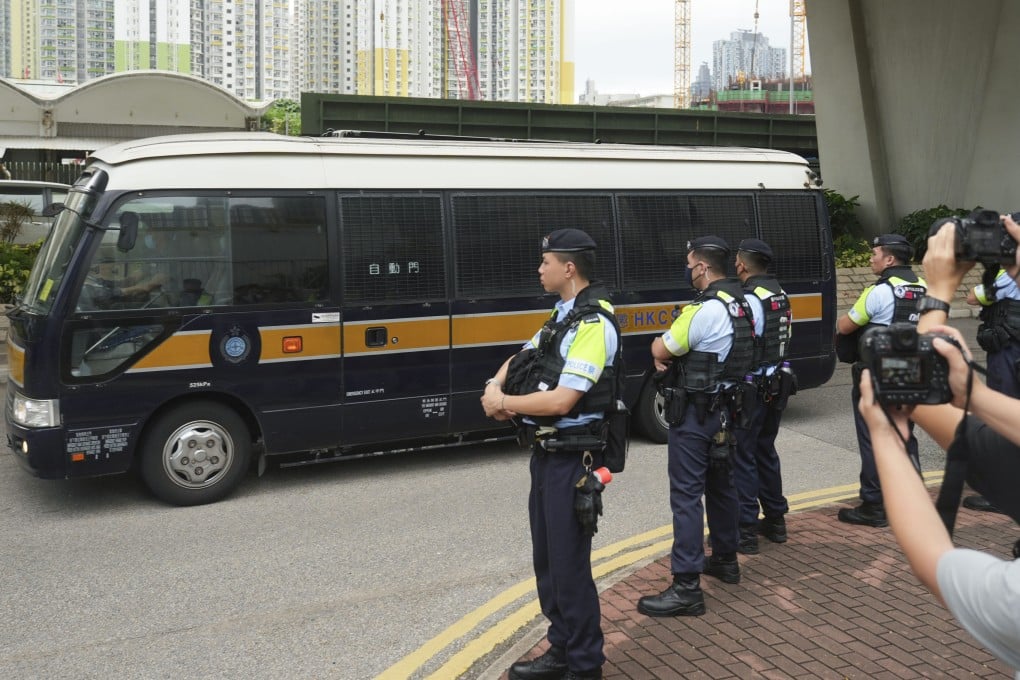Hong Kong 47: 14 opposition figures found guilty of subversion, 2 acquitted over election plot to topple government
- Three High Court judges find unofficial ‘primary’ election part of a wider plot to ‘undermine, destroy or overthrow’ government by creating constitutional crisis
- Government plans to appeal acquittal of former district councillors Lawrence Lau and Lee Yue-shun

Fourteen opposition figures were found guilty of subversion while two were acquitted over an election plot to topple the Hong Kong government, as the city’s biggest and longest-running national security trial reached a verdict on Thursday.
The 16 were from a group of 47 politicians and activists prosecuted under the Beijing-imposed national security law when they held an unofficial “primary” election for opposition parties in 2020, which three High Court judges found was part of a wider plot to “undermine, destroy or overthrow” the government by creating a constitutional crisis after taking over the legislature.
The government plans to appeal the acquittal of former district councillors Lawrence Lau Wai-chung and Lee Yue-shun, the first defendants to be found not guilty under the national security law introduced four years ago to end the anti-government protest chaos of 2019.
The 14 convicted on Thursday will be sentenced at a later date along with 31 others who have already pleaded guilty – some of them having turned witness for the prosecution – following mitigation hearings set to begin on June 25.
Chief Executive John Lee Ka-chiu said the verdict was testament to the scale and gravity of the case as he expressed the government’s determination to combat any act that would endanger national security.
“In this regard, the Hong Kong government has the necessary laws, which it will strictly enforce. The government will use its full efforts to prevent, suppress and punish behaviours and activities that endanger national security,” he said.

